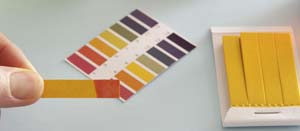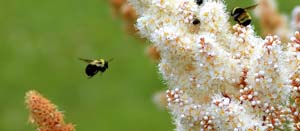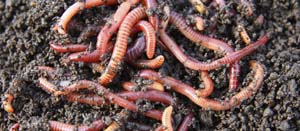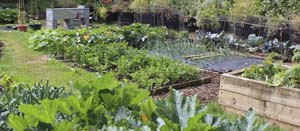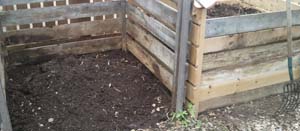SEARCH RESULTS > ARTICLES > Maintain
Regulating the pH in your garden using organic methods is a sustainable and environmentally friendly way to ensure healthy plant growth. Here are several organic methods to adjust and maintain the pH in your garden: Learn More
Pollinators are incredibly important in a garden for several reasons. Learn More
The microbiome in your garden soil refers to the diverse community of microorganisms that inhabit the soil. These microorganisms play a crucial role in maintaining soil health, nutrient cycling, and plant growth. The soil microbiome consists of various organisms, including bacteria, fungi, archaea, viruses, and microfauna (such as nematodes and protozoa). Here are some key points about the microbiome in garden soil. Learn More
Worms in your garden provide several benefits, making them valuable allies for gardeners and the overall ecosystem. Here are some of the advantages of having worms in your garden. Learn More
Setting up an edible garden can be a rewarding and sustainable way to grow your own food. Learn More
People have various reasons for wanting to have a garden, as it offers a range of physical, emotional, and practical benefits. Here are some insights into why people are drawn to gardening Learn More
Perennials are plants that live for more than two years, and in many cases, they can live for many years or even decades. Unlike annuals, which complete their life cycle within a single growing season, perennials regrow and bloom year after year. Learn More
Composting is a sustainable and eco-friendly way to recycle organic matter and create nutrient-rich soil for your garden. To help you get started, here's a guide to compost do's and don'ts. Learn More
